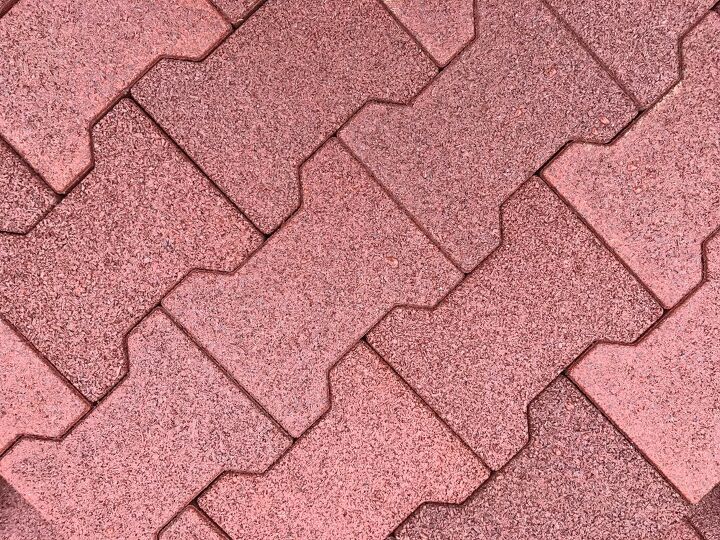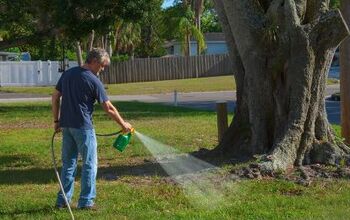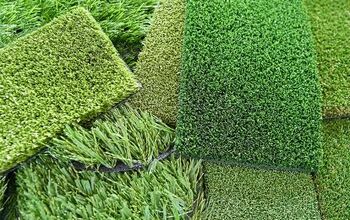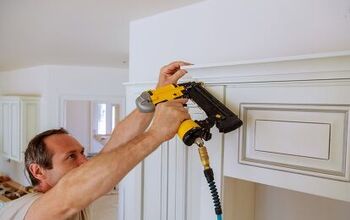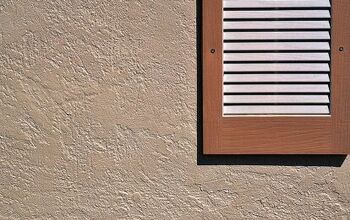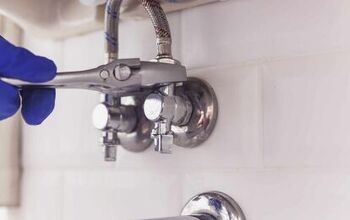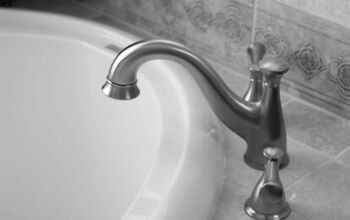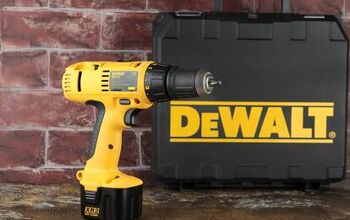Can You Put Rubber Pavers Directly On Grass? (Find Out Now!)

Walkways are important, whether we’re talking about walkways for residential properties or those for commercial properties. For a long time, walkways were constructed using stone and brick pavers, but these days rubber pavers are becoming popular. But can rubber pavers be placed directly on grass?
Yes, you can put rubber pavers on grass and dirt, but there are some things to consider before doing so. For example, you should only put rubber pavers on level surfaces, as pavers that aren’t flat can move around easily. Moreover, if the ground is not totally level, the pavers may be at different heights, and this is visually unappealing.
Don't want to do it yourself?
Get free, zero-commitment quotes from pro contractors near you.

What Are Rubber Pavers?
Pavers can be made of stone, brick, concrete, rubber, and other materials, but the pavers in focus here are rubber pavers. A lot of walkways are constructed using these pavers, as these pavers will outline a walkway that connects one point of a property to another.
Since walkways have high foot traffic, it makes sense that most homeowners and business owners consistently strive to keep their walkways attractive and in good shape. Rubber pavers are versatile, and this is one reason why they’ve been a staple of property exteriors for a long time.
Rubber pavers are ideal for those who care about safety, and they also provide a range of other benefits, and these are discussed in the following section.
Can You Put Rubber Pavers on Grass?
Rubber pavers can be used on dirt and grass; just make sure the ground is completely level before you start laying pavers. If you’re worried about the pavers moving, you can use a polyurethane adhesive to keep the rubber pavers temporarily secured to the ground.
If you were using another kind of paver material, you would probably have to dig to install the pavers; this isn’t the case when using rubber pavers. These pavers are simple to install, affordable, and visually appealing. No wonder these pavers are preferred these days.
Why Are Rubber Pavers Used?
Rubber Pavers Are Safe
If you have young children at home—and you’re worried about them slipping, falling, and hurting themselves while playing outdoors—then it’s best to use rubber pavers wherever it’s practical to do so. Installing rubber pavers, for this same reason, is also an ideal option for individuals who are looking after elderly parents at home.
These pavers have shock-absorbing cushions underneath, which means falling on one might leave a bruise and a minor scrape, but you won’t have to worry about getting a big gash or breaking a bone.
Moreover, since these pavers are made of rubber, they’ll be easy to grip, even if they’re slippery. If you’ve ever seen rubber pavers on or around a playground, this is why. These are the most child-friendly pavers out there right now.
And because rubber pavers are slip-resistant, they’re ideal for walkways that lead to pools, hot tubs, and other water-based exterior fixtures.
Ideal for Cold Climates
If you’re in an area that experiences cold winters, you don’t have to worry about rubber pavers freezing, as ice will not form on these pavers. Also, when snow falls on these pavers, it melts quickly—much faster than snow which is on bare earth. If you dread snow and ice removal, rubber pavers are a good investment.
Rubber Pavers Are Eco-Friendly
Rubber pavers are also an eco-friendly outdoor fixture, which means they’re ideal for individuals who don’t want to negatively impact the environment. A lot of quality rubber pavers are made of repurposed rubber, and this material comes from discarded tires and other sources.
Instead of going to the landfill, an old tire can be recycled into rubber pavers and used to create a wonderful outdoor walkway, one that’s sure to elicit compliments. Hundreds of millions of tires are discarded each year, and such is a tax on the environment. By purchasing rubber pavers, you show you promote recycling.
Sturdy and Durable
Since your pavers may at times be subjected to heavy foot traffic, it’s good to have pavers that are made of a strong material. Most individuals think of stone and brick pavers when considering durability, and it’s true that pavers made of these materials are quite strong. But using rubber pavers is just as good, as they’re durable and long-lasting too.
Rubber pavers don’t wear and tear as easily as other pavers do, which means they’re ideal for those who only buy products that last multiple years. Rubber pavers are also crack- and chip-resistant, which means they hold up well in all kinds of hazardous weather.
And since you won’t have to worry about your rubber pavers eroding, you can rest easy knowing that the structural integrity of your walkway will always be kept intact. Moreover, this reliability doesn’t come at the cost of appearance, as these tiles blend in well in a variety of settings.
Replacement and Maintenance
If a rubber paver does somehow get damaged, you can simply replace it by peeling the paver off and putting a new one in its place. These pavers, however, are quite strong, so replacing them won’t be a common thing.
It really takes an extraordinary amount of force to damage a rubber paver. Moreover, maintaining these pavers isn’t all that hard. Yes, rubber pavers will fade in the sunlight over time, but all you have to do to clean these pavers is rinse them off then wipe them down.
Don't want to do it yourself?
Get free, zero-commitment quotes from pro contractors near you.

Downside
Hard to Secure
While their lightweight quality is viewed as a benefit by some, others consider this to be a downside. If, for example, the pavers are in an area that’s not completely flat, they may get knocked out of place. And this is especially likely if there are kids around the pavers; most kids won’t put a paver back once they dislodge it.
You can take measures to permanently secure your rubber pavers, but doing so would nullify the flexibility these pavers boast. Also, they would no longer be easy to replace. If you want pavers that are going to stay in place, you should buy pavers that are made of concrete, brick, or stone.

Matt loves everything DIY. He has been learning and practicing different trades since he was a kid, and he's often the first one called when a friend or family member needs a helping hand at home. Matt loves to work with wood and stone, and landscaping is by far his most favorite pastime.
More by Matthew Mountain



